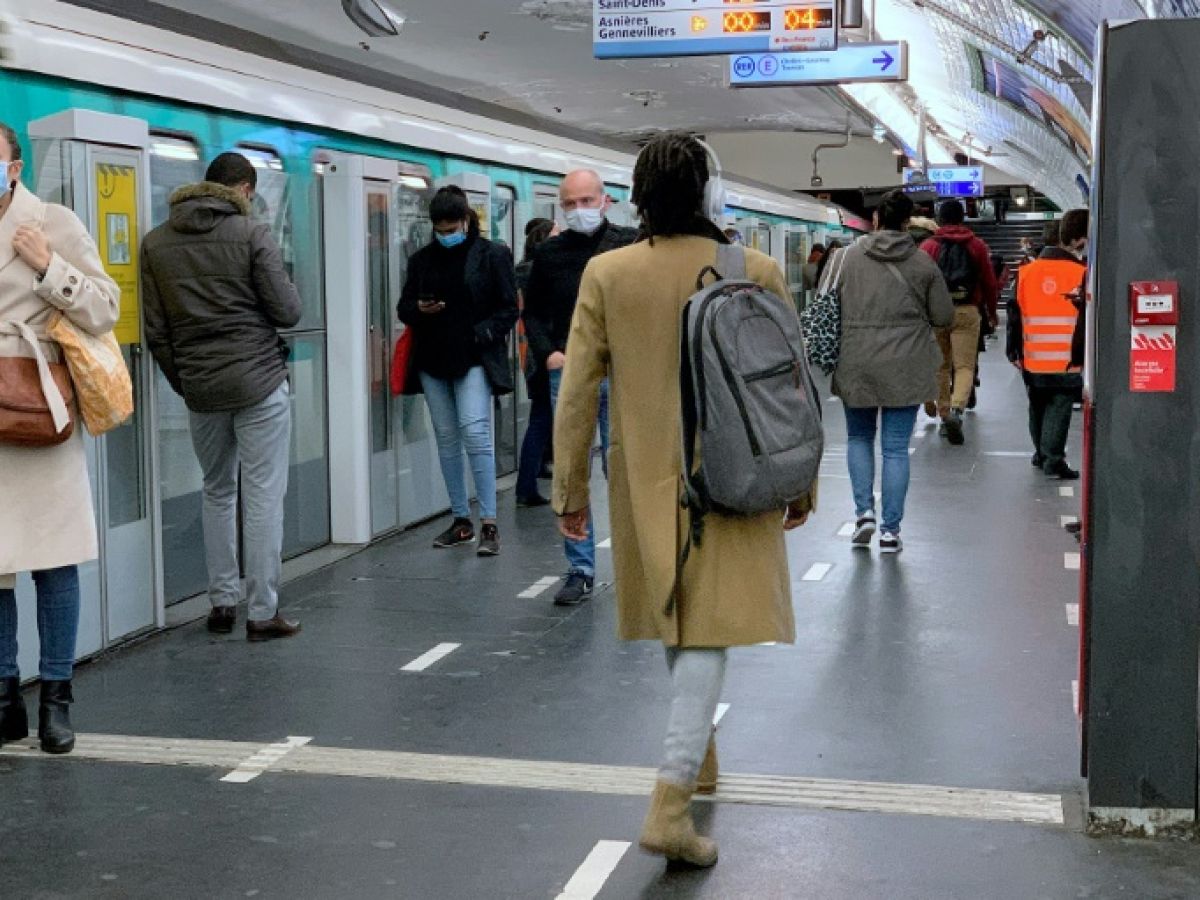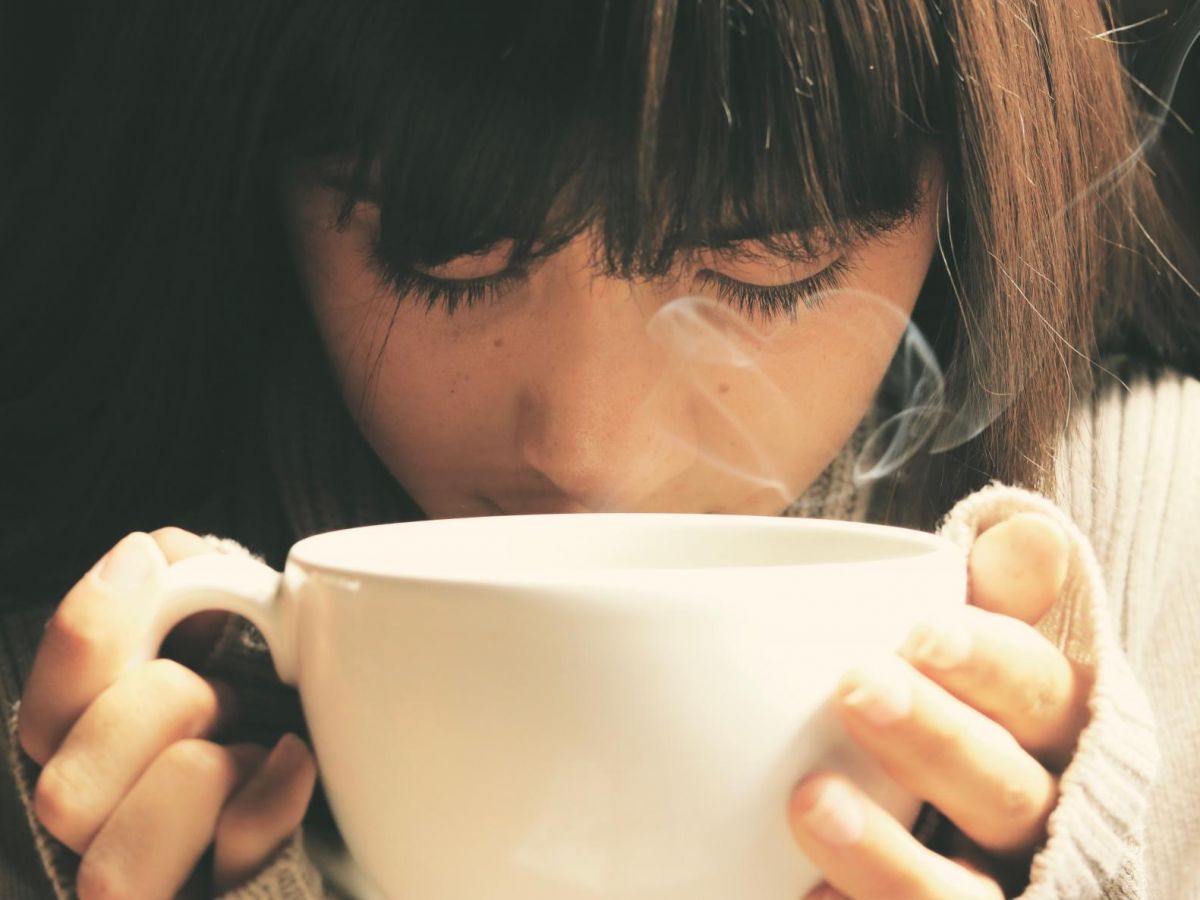Is the flu epidemic flaring up in France due to a relaxation of barrier gestures and insufficient vaccination? These are factors among others, according to health professionals, who also mention the coexistence of different strains of the disease and increased contacts during the holidays.
"Patients are less likely to wear masks. We see some in the waiting room who come without masks, and we distribute them," observes Dr. Urfan Ashraf, Secretary General of SOS Médecins.
“Barrier gestures, the reflex of washing hands, hydroalcoholic solutions, airing, has been reduced recently: it is part of the elements of transmission,” he told AFP.
But other factors are at play.
The holiday season increased contact while local medical practices were closed, reducing the supply of care when demand was soaring.
In addition, two strains of influenza coexist, A (H1N1) and B (Victoria), whereas they usually follow one another, and a third is gaining strength, A (H3N2).
This patient profile increases the demand for care, says Dr. Ashraf. "Very significant aches, headaches, dizziness, muscle and joint pain, chills, fever that goes up to 40, it can be impressive for someone who is not used to it" and "when he tolerates all these symptoms badly, his reflex is: + I need a doctor +", he says.
– “Tense situation” –
The seasonal flu epidemic, which usually lasts ten to twelve weeks, intensified at the beginning of January, with hospitalizations at an "exceptionally high" level compared to previous seasons, Public Health France observed on Wednesday.
The number of deaths from flu, mainly among those over 65, has risen.
To protect against this, the authorities insist that vaccination remains a major protection, especially against serious forms.
It is especially recommended for those aged 65 and over, those with immunodeficiencies, infants over 6 months old with comorbidities, pregnant women and residents of medical-social establishments.
However, this season, "the vaccination campaign has had a very difficult start," observes Philippe Besset, president of the Federation of Pharmaceutical Unions of France, recalling that the flu is "deadly for vulnerable people."
In retirement homes, "there is no massive peak in the epidemic," says Jean-Christophe Amarantinis, president of Synerpa, the main union of private nursing homes.
But "we must encourage staff and residents to get vaccinated and respect barrier gestures," notes Pierre Roux, president of the Association of Directors of Services for the Elderly, and "we are trying to educate."
"The dunce's cap unfortunately falls on caregivers, even though they are in contact with sick people and can transmit viruses," regrets Mr. Besset.
Asked about a possible return of compulsory vaccination for healthcare workers, the Minister of Health Yannick Neuder said on Friday, during a visit to the Cochin hospital in Paris, that "the question will arise" in the future.
Although vaccination coverage should "be a little better than last year", it remains "low" with some 10.3 million anti-flu doses distributed so far, according to Philippe Besset.
Until the end of January, it is still possible to get vaccinated.
"When we look at the number of arrivals at the emergency room, particularly cases of complications, more than 70% of these are people (...) who have not been vaccinated," insisted Minister Catherine Vautrin (Work, Health, Solidarity, Family) on Europe 1/CNews on Friday morning.
Faced with the influx of patients in their emergency rooms, 87 hospitals have launched a "white plan", a system allowing certain operations to be cancelled or staff on leave to be recalled, according to the Ministry of Health.
In Cochin, where, as elsewhere in the AP-HP, there is no white plan, "the situation is tense" but less so than in certain territories, observed Florence Dumas, emergency doctor.
Wearing a mask has become mandatory again in certain hospitals: Abbeville, Libourne, Le Havre, Calais, etc.
After the Covid pandemic, "we have had a tendency, collectively, to forget the barrier gestures", judged Yannick Neuder, calling for people to wear masks in the event of symptoms, to sneeze or cough "into the crook of their elbow", to wash their hands regularly.
ref-ic-lby-eva-vac/ito/dch

